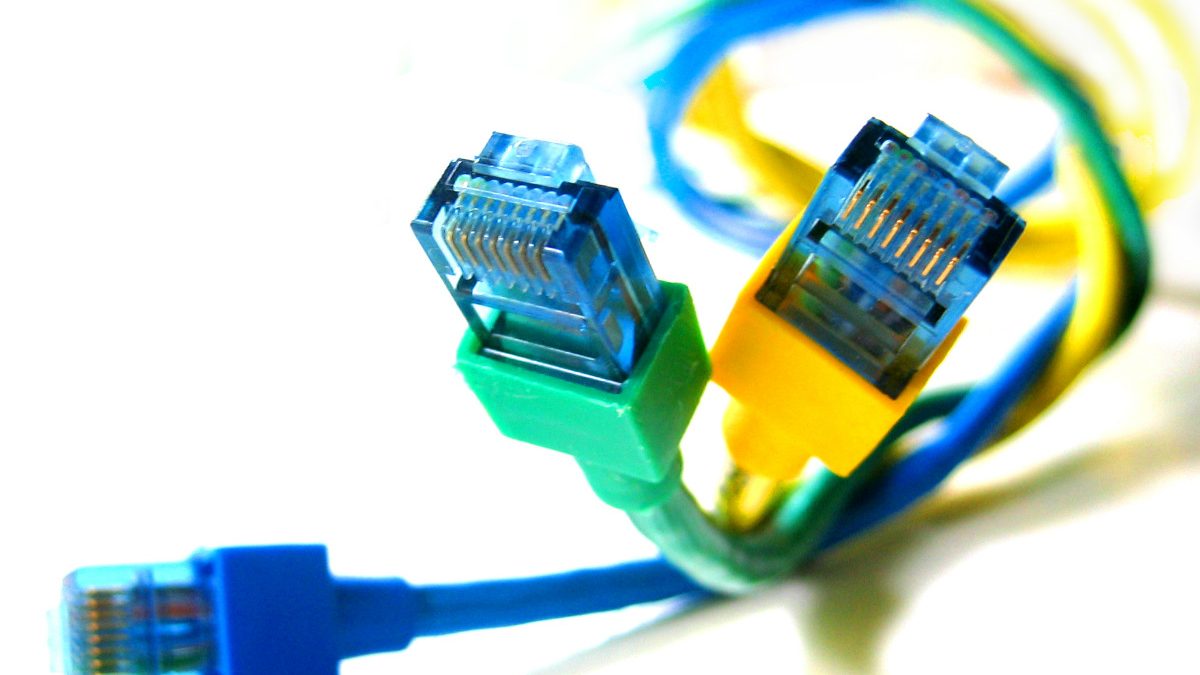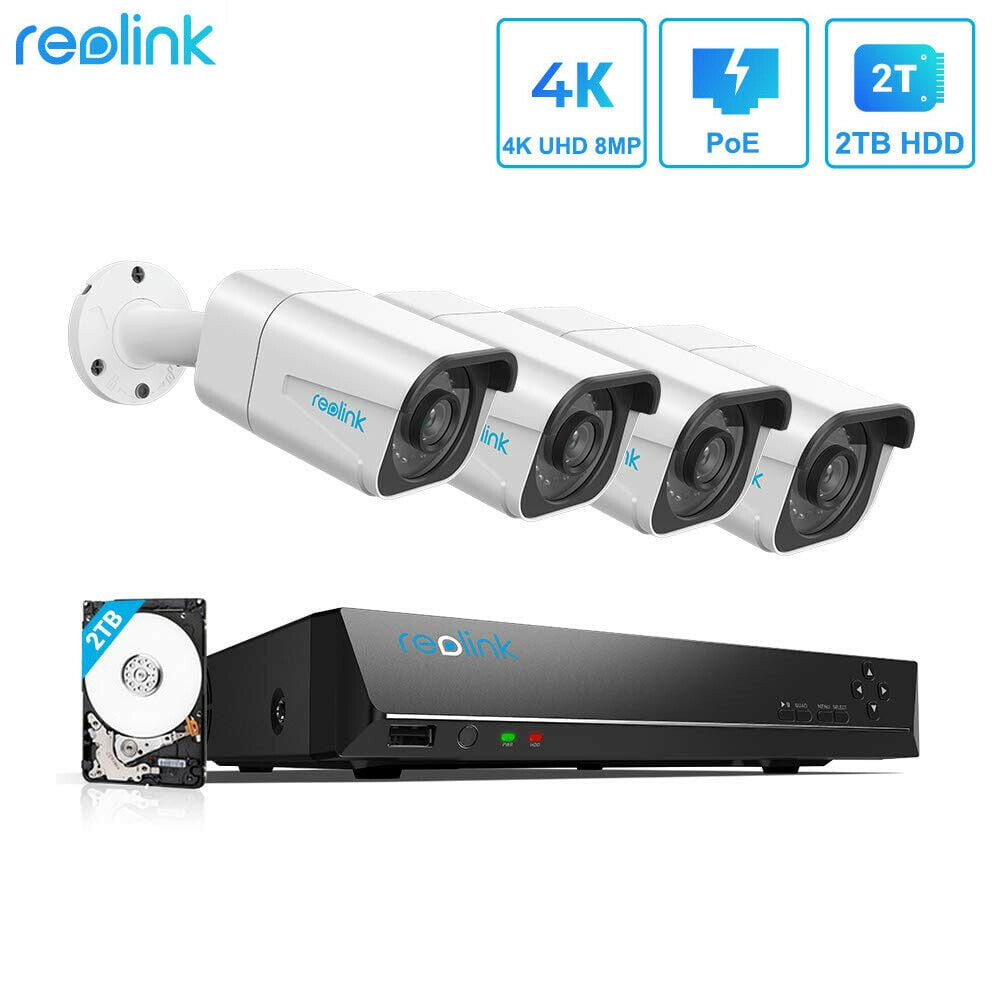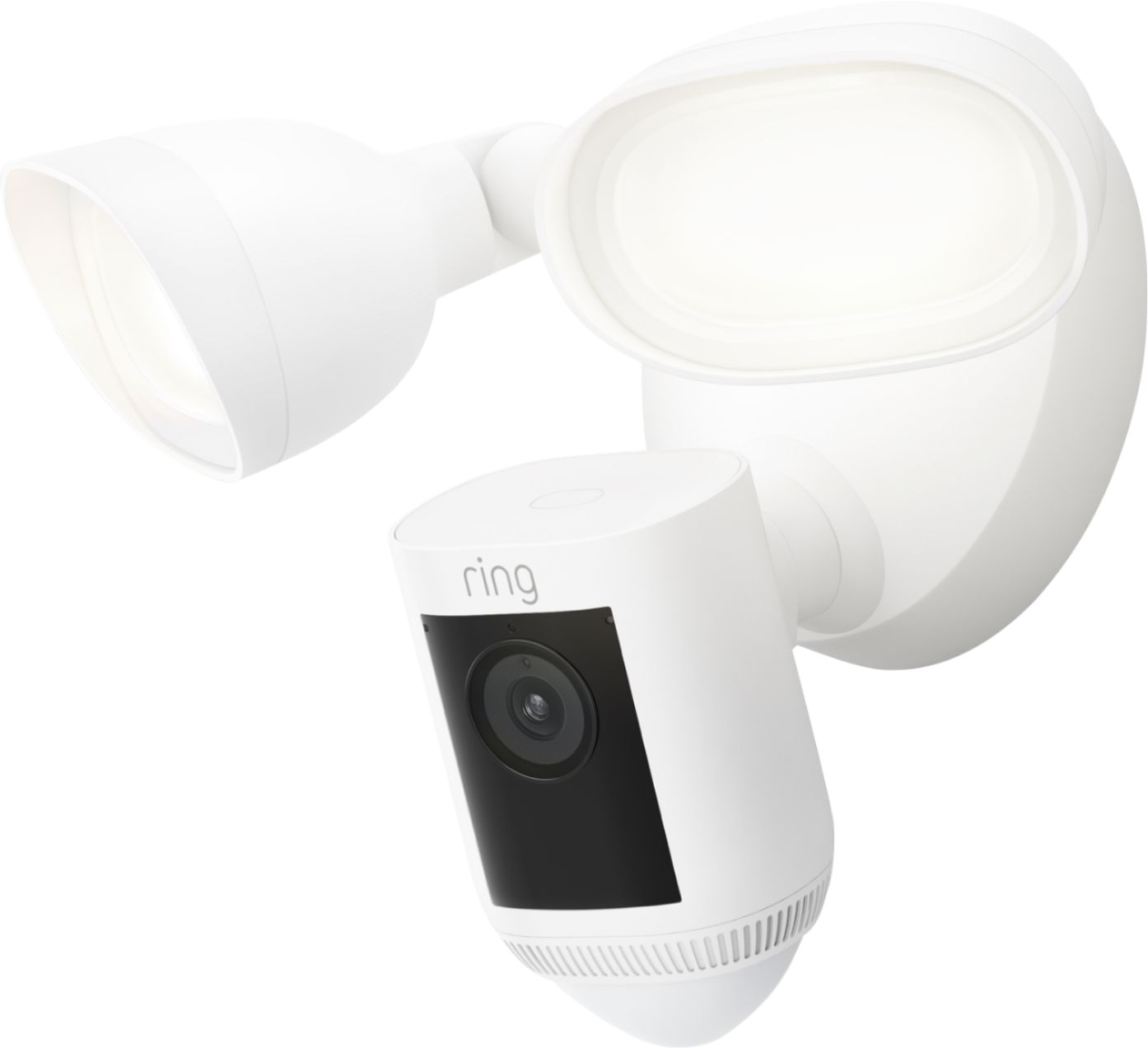Table of Content
- What are the downsides of a wireless security camera?
- Wired Vs Wireless Security Cameras: Pros & Cons
- Will a 2.4 GHz Security Camera Work for 5 GHz?
- How Much Should You Spend on a Security Camera?
- 4 GHz vs. 5 GHz for Security Cameras: Will It Make a Difference?
- What Are Wired Security Cameras?
- What Is a Single Wired Security Camera?
You can expect to spend anywhere between $50 and $1500 depending on the bundles you require. Most cameras won’t save the video footage directly onto the device itself. Depending on the brand and model of security camera, the information collected will be stored for different lengths of time in different locations. Some models have an SD card and others involve a subscription fee for cloud storage.

Just place them near an outlet you can plug into or use a battery-powered camera that can be placed anywhere. A wired home security camera is a security camera that's hardwired to a full-time power source. These cameras are typically permanently or semi-permanently located around your home, connected via wiring to a central hub that serves as the core of your home security system. The wiring provides electrical power, as well as any internet connectivity and the ability to transmit data and footage to a central location. In some cases this may be a single cord, like a power over ethernet cable.
What are the downsides of a wireless security camera?
Uninstalling will require time and money, because, unless you happen to be an expert in electrical installations, you will most likely need a professional to carry it out. No doubt, there’s plenty of great benefits to choosing a wired security system over a wireless one, should your requirements align. This will help you understand just how reliable you need it to be, and, from there, check how stable your connections are in the areas the cameras will be placed. There may be interference with your wireless network, causing a reduction in the quality of your video. Therefore you must ensure that your cables are installed in a safe location where they won’t be tampered with by someone else (i.e., near the ground). They help monitor your home and let you know when potential intruders are nearby.
Wireless security cameras with Wi-Fi often feature two-way communication. This enables you to transmit to, and receive information from, IP cameras. AlfredCamera’s two-way communication feature, for example, allows you to speak in real-time with whoever is on the other side of the camera. Also, make sure that no one in the area has easy access to your wireless network router since they could easily find out what IP address the camera is using and disable it . Wireless surveillance cameras are much easy to install than wired ones.
Wired Vs Wireless Security Cameras: Pros & Cons
A wired security camera works through a digital video recorder . If it has internet functionality, an ethernet cable is used, but even if the internet suffers an outage, video will keep recording through the DVR. Research has shown that surveillance cameras are directly linked to a decrease in break-ins.

Others get hardwired to your existing electrical circuit for a crisp appearance. If you don’t have experience working with home electricity, definitely call a pro to install a hardwired camera. Some wire-free security cameras only support about 1 or 2 months. And other advanced security camera companies use the power-saving technology, which makes the wireless battery operated security camera battery life last about 6 months.
Will a 2.4 GHz Security Camera Work for 5 GHz?
The next few sections will cover some considerations that can help you pick from the best wireless home security cameras to fill your needs. Typically, IP cameras use a cloud storage system to save footage. The benefit is that you can access security footage from your camera online using your smartphone or another mobile device. However, most security companies charge for cloud storage plans beyond a certain amount of free cloud storage. Well, for the wired cameras, their form is for serving the needs of those who need constant 24/7 monitoring.
DIY system purchases and reactivations of previously-installed systems not eligible for offer. Equipment purchase may be financed separately subject to an agreement with one of Vivint’s third-party financing partners. Wired systems need to be manually connected to your home’s electrical wiring and almost always need to be installed by an expert. Wired systems are very hard to hack because they can’t be accessed through a wireless connection. For instance, a hacker would have to physically interact with your recording device or microSD card to see footage from your home security camera.
Not every wireless camera offers both, so it’s important to take your preference into consideration when choosing a wireless cam. Sometimes the phrase “wireless camera” also refers to a wireless internet connection. Plenty of modern security cameras connect to the internet so you can view live footage from an app or online dashboard. Wireless cameras are versatile but high-maintenance devices that run off of battery power, have limited local storage options, and connect to the internet via Wi-Fi. Some high-quality battery-powered WiFi security cameras, such as Reolink Argus 2, support up to 16GB SD card storage, which enables you to store several hundreds of motion videos.

Some hardwired cameras operate with internet connectivity, which allows for access via a networked video recorder system. In this case, PoE cables are typically used, and the footage may be accessed remotely. The installation processes of a wired system and wireless system are quite different.
Ring offers many fascinating technologies to improve home security, and the Floodlight Cam is one of them. This dual-band WiFi security camera records at a standard 1080p resolution, allowing homeowners to maximize data transmission speeds. The 5 GHz system offers exceptional data link speeds and mitigates the signal interference that many homeowners experience using 2.4 GHz tech. Here’s four of the best 5GHz WiFi security camera units for your consideration.

Best On-Demand Streaming Services 2022 If you’re looking for great on-demand content, check out our top five best streaming services... Best TV Service Providers of 2022 Find the best TV provider for you with our 2021 TV Service Buyers Guide. She covers all things smart home for Reviews.org, and keeps track of the latest robot gadgets. Mindy attended the University of Utah and her work has been featured on the likes of Parents.com, Digital Care, Hostfully, and more. Get expert advice on your home, design tips, how much to pay for pros and hiring experts, delivered to you daily. If you rent, you especially will want a wireless or wire-free system because it can move with you to your next home.
There are also laws to help prevent and give consequences to anyone who tries to hack or record your cameras’ feed. You can greatly reduce this risk if you have a strong password to protect your Wi-Fi. A wired system will normally have a stationary control panel somewhere in your home, but it won’t have a mobile app that lets you control it remotely. Best DIY Home Security Systems of 2023 SimpliSafe is the best DIY home security system because it's cost-efficient, effective, and easy to...

Whereas, If you are using wireless security cameras in your home then your wifi password should be secure and difficult to guess. Also, these cameras don’t need to be within reach of a power outlet like wireless security cameras do, so you can place them anywhere in the room. One difference between wired and wireless security cameras is their location. Wireless security cameras allow you to place your camera anywhere with a clear view of what you’re trying to monitor.

No comments:
Post a Comment